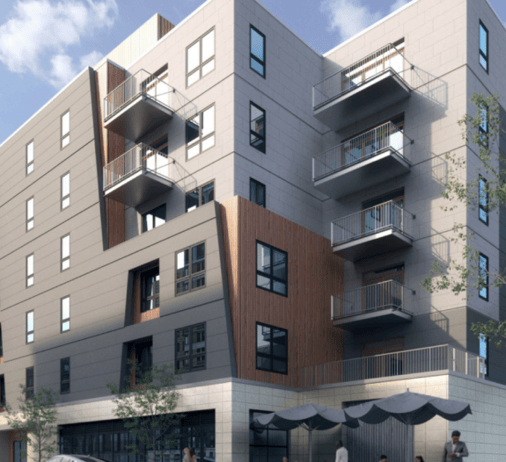Massachusetts real estate sales continue to plummet in April
Massachusetts real estate sales continued their downward momentum in April, according to sales data just released. From the Boston Globe:
Yesterday, Warren Group, a real estate data provider, reported that single-family home sales in Massachusetts dropped 14.5 percent last month, from April 2008. It was the slowest April since 1990. The median sale price dropped a similar amount, 13 percent, with the midpoint sale price of homes that sold in April at $265,000, down from $305,000 from a year earlier. This is the eighth consecutive month prices have fallen by double digits, according to Warren Group.
Sales of condominiums skidded by 31.1 percent in April, with the statewide median sale price down 11.1 percent to $239,000.
Actual number of units sold for both single family and condos sold in April for each year can be seen on the chart below. As you can see the trend since 2004 is very clear - steady decline in both condo and single family sales (I previously wrote about Massachusetts multifamily sales booming, which is the only sector showing increases in activity).

It's a tale of two markets
It's a "tale of two markets," said Nicolas Retsinas, director of Harvard University's Joint Center for Housing Studies. One market is dominated by motivated sellers, including banks trying to unload foreclosed properties and distressed homeowners seeking a short sale. Bank-owned sales in Massachusetts made up 8.5 percent of single-family home sales for the first four months of the year.
The other market is the traditional one of buyers and sellers, which is stalled. In this market, again sellers are resistant to cutting prices, Retsinas said, while buyers are reluctant to purchase if they don't feel the home is at rock-bottom.
What's the market telling us?
If you're a regular reader you know I don't need to repeat this, but I will anyway: the market varies from town to town and even street to street in some cases. Relying on statewide data for anything but a macroeconomic "state of the market" type of picture is useless at best. In other words if you are looking to buy a particular property in a particular town or neighborhood, throw the state data out the window. Quite frankly, if you are looking for a Back Bay condo or South End condo for instance, I would even throw the Boston citywide data (which I'll have posted tomorrow) out the window and only rely on neighborhood level sales data to make a rational decision.
That being said, there are a couple of insights from this statewide data to take note of, for a larger scale macro picture, which can be used to get a sense of the overall health of the market:
- This sales data is weaker than expected. We're still in a very rough patch with the housing market, and it probably will continue that way for a while longer.
- Lower priced homes (including foreclosures) that are priced well are being sold (partially due to the $8000 first time buyer credit and almost absurdly low mortgage rates). But the higher end market is at a crawl, mainly due to the opposite effect. Jumbo mortgages have higher rates and are much tougher to qualify for, so financing problems are huge (plus job security issues for buyers are a big factor - you're not going to take on a big new mortgage if there is even a slight possibility of losing your job).
- Because a higher percentage of lower priced homes are being sold, the median prices of those homes that are actually sold are clearly being dragged down, although the price of an "individual home" - your home, for instance (as measured in the Case-Schiller index may not be actually down as much - more on Case-Schiller here in the next few days).
- With some of the economic uncertainty seen to be easing, housing is one of the larger question marks that could continue to be an anchor on a turnaround. Whether the government will add any new stimulus to the housing market remains to be seen.
- Some possible good news is that sales and prices for single family homes and condos all increased from March to April. While this month to month data is not as useful as year over year stats because of the natural seasonality of the real estate market, it still could be a good sign that activity is picking up. We'll see if the trend continues.
Bottom line: Another tough month of data for the housing market overall. When will we hit the bottom? Hopefully soon is my only answer at this point.
What do you think? Comment below!
If you like what you're reading don't forget to subscribe by email or by RSS feed.
Looking for Massachusetts of Boston real estate for sale? Search all listings on the MLS
